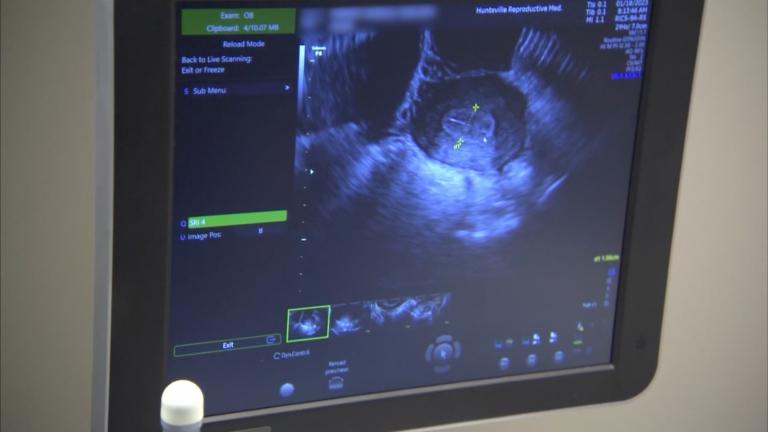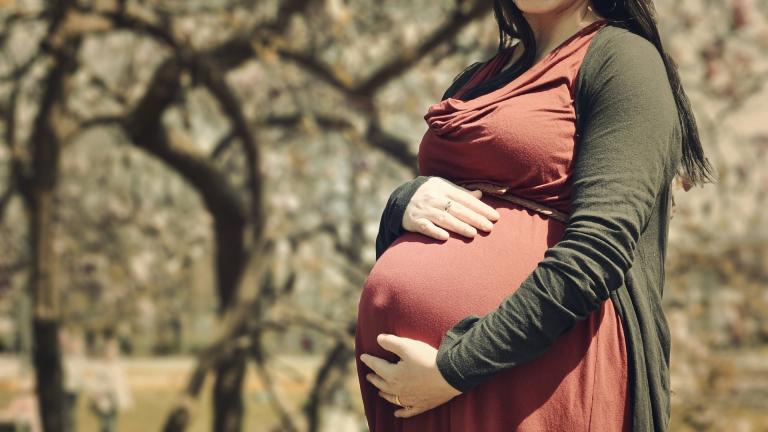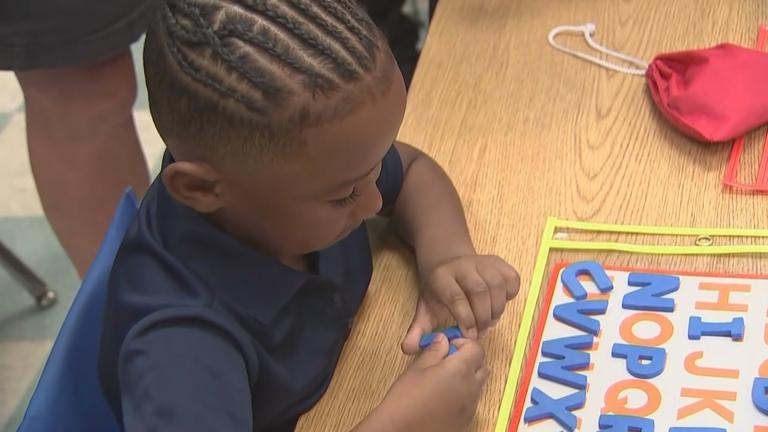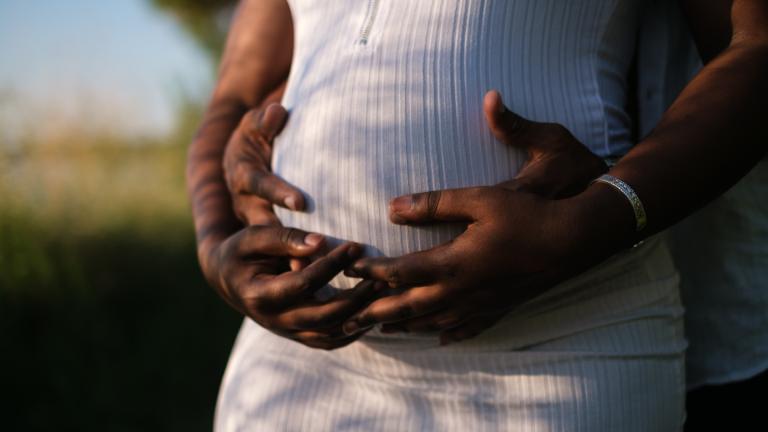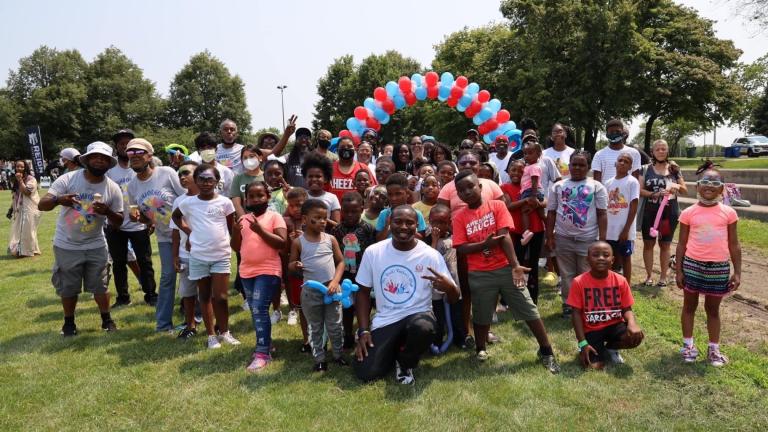The COVID-19 pandemic has disproportionately affected people of color in the U.S. But many African Americans say they’re facing two pandemics — not only the coronavirus, but also violence.
As we head into Father’s Day weekend, many families are struggling with grief and loss – like those of George Floyd, who leaves behind five children, and Rayshard Brooks, who leaves behind a stepson and three daughters. Both men, who were Black, were killed by White police officers in the past month.
Waldo Johnson Jr. of the University of Chicago says Black fathers face persistent falsehoods, including the impression that those who don’t live with their children aren’t involved in their lives.
“In fact, in some of the research, we find when we look at nonresident fathers across race and ethnicity, Black nonresident fathers tend to have higher levels of involvement than their nonresident peers,” Johnson said. “One of the challenges with respect to research is to find ways to document the ways in which involvement occurs, given that these fathers typically do not have daily residence. We have to think about all the other ways and as a result of technology, there are ways that enable these fathers to stay connected with their children.”
But Johnson says that since Black men are more likely to rely on public transportation and work jobs that can’t be done from home, putting them at greater risk for COVID-19, some nonresident Black fathers might be hesitant to visit their children and expose them to the virus.
The pandemic has also created another issue: the masks that essential parts of public health recommendations may play into negative stereotypes. “Therein lies the dilemma, because as a mechanism for remaining safe from the virus, masks are strongly recommended,” Johnson said. “But there is this longstanding trope about Black males — and particularly young Black males — in terms of thinking that they are nefarious in their behavior.”
And at a time when the treatment of Black men by police officers is again under scrutiny, Johnson says it’s brought renewed attention to “the talk” that many fathers and mothers give their Black sons and daughters.
Johnson says his research shows that the talk often has two elements – how to remain polite and compliant when dealing with police, versus how to deal with community violence, such as from gang members. In those instances, Johnson says many Black fathers advise apologizing for perceived disrespect, trying to deescalate a situation before weapons are involved, and knowing how to get around their neighborhood quickly, “so that if they were caught in an uncomfortable situation, they would know how to escape rapidly.”
Learn more about “the talk” in Angel Idowu’s story from earlier this month. Her piece was part of our hourlong Peace & Justice special, which you can watch in full here.

